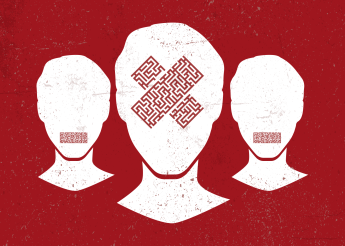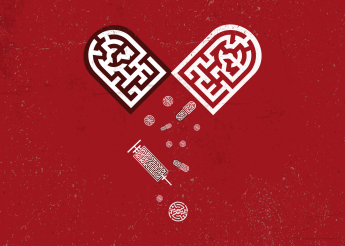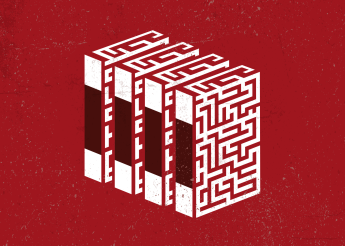AF. We visit prisons in Brussels on a daily basis and monitor 80 to 90 patients on average. We treat individuals who are currently in detention and those serving sentences outside of prison. We can only care for individuals who expressly request treatment, however, oftentimes, the patient’s family or lawyer has encouraged them to seek help. Regardless of a patient’s reason for reaching out to us, we always try to propose a genuine support programme for them.
We take a comprehensive approach to patient care: each person is monitored by a psychologist and a social worker. Some patients may initially be reluctant or feel that the support might be “mandatory”. This is nevertheless an opportunity for them to benefit from care, in some cases for the first time. Judges equally view this as a sign of a willingness to engage in care and reintegration.
Our work consists of making connections and helping people to recognise what led them to substance abuse. At the start of their programme, patients tend to deny or downplay their addictions. They can’t manage to put their feelings or pain into words. With time, patients begin to realise that they can discuss certain topics that they never dared talk about before and that this can help them. This step is crucial, as there is a close correlation between the ability to name what one experiences and the ability to control one’s impulses.
It is impossible to work on substance abuse without considering the bigger picture, such as socio-economic factors or the break-down of relationships with loved ones due to incarceration. Oftentimes, substance abuse is triggered by dysfunction in the family unit or difficulty building relationships. As such, it is essential that prisoners maintain or re-establish links to family and friends, as well as to the outside world more generally.
It is equally important for individuals to nurture relationships they form whilst in detention. Prison is often described as a place of exclusion, but it is also a social setting in which new connections can be forged.
The medical aspect of treating addictions should also not be overlooked. There is no doctor in Ambulatoire Forest team but we do our best to work with them to ensure our patients receive medication to treat withdrawal. Offenders often face discrimination in medical settings, a problem which is only made worse when addiction comes into play.
We value collaboration. It is in the interest of our patients that we are in touch with the professionals in the prisons who know them. This link with penitentiary staff is key: they are routinely in contact with prisoners and are often the first to spot any troubles with substance use. Prison staff can facilitate the recovery process, but they can also place hurdles on a prisoner’s path to treatment.
Some prison guards welcome our visits, others less so. Attitudes vary depending on the member of staff. Their position is not an easy one either, as we come from two different words. Unlike penitentiary staff, we at Ambulatoire Forest are not employed by the judiciary authorities.





